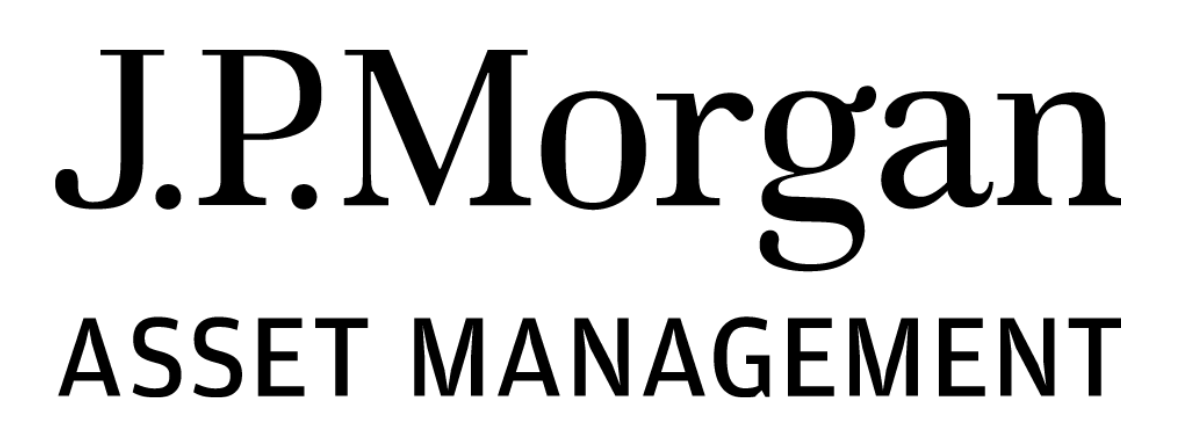ETFs provided the bright spots for ESG asset gathering in the last quarter of 2023 as active strategies suffered considerable outflows, according to new research by Morningstar.
Data revealed ETFs comprised seven of the top 10 inflows into ESG strategies in Europe in Q4 and just three of the top ten outflows.
Pole position in asset gathering was claimed by the iShares MSCI USA ESG Enhanced UCITS ETF (EDMU), which booked $1.3bn, however, some of this was likely the result of investors switching out of the iShares MSCI USA SRI UCITS ETF (SUAS), which saw $942m outflows during Q4.
Morningstar said $3.3bn cumulative inflows across European ESG funds in Q4 was significantly down on the $11.8bn recorded in Q3.
It added the decline was “entirely attributable to actively managed sustainable strategies”, which bled $18bn, while passive strategies welcomed $21.3bn in the final three months of the year.
“Passive Article 8 funds sustained their momentum throughout 2023, contrasting with the challenges faced by their active peers,” the research provider continued.
“In fact, in the last two years, the sole instance of positive net flows for active Article 8 strategies occurred in the first quarter of 2023, registering $16.3bn, while the seven other quarters saw persisting withdrawals.”
Interestingly, the third largest ESG ETF inflow during Q4 was the actively managed JPM US Research Enhanced Index Equity (ESG) ETF (JREU), welcoming $911m, perhaps indicating part of the reason for outflows from active strategies is because they have tended to be housed within a mutual fund rather than the ETF structure.
These flows are also set against a backdrop of softened ESG sentiment, with European sustainable funds adding $76bn new assets in 2023, almost halved from $149bn the year before.
Lower momentum for Europe’s sustainable funds last year owes to reignited interest in government bonds, an asset class where ESG integration is a challenge on a diversified basis and unfeasible in the case of single-country sovereign bond exposures.
Morningstar explained some investor enthusiasm may have dwindled following underperformance by ESG strategies in 2022.
“It is fair to assume that some investors took a more cautious approach to ESG investing last year in the wake of the underperformance of ESG and sustainable strategies in 2022 partly due to their typical underweight in traditional energy companies and overweight in technology and other growth sectors.
“While the technology sector rebounded in 2023, other popular sectors in sustainable strategies continued to underperform. Renewable energy companies, for example, have been particularly affected by soaring financing costs, materials inflation, and supply chain disruptions, among other issues,” it concluded.





